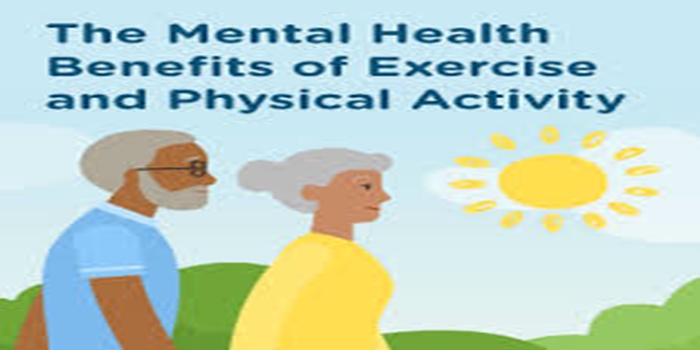In this article, we discussed the of regular exercise, we also talked about the mental benefits of regular exercise
Definition
Regular exercise is a planned, structured, and repeated physical activity that helps maintain or improve physical health. It can include a variety of activities, such as walking, running, swimming, weight lifting, and stretching
The Mental Benefits of Regular Exercise:
- A better night’s sleep
Regular exercise can improve our sleep quality, which supports our healthy brain function. When we exercise our body releases feel-good chemicals which can help to reduce pre-sleep anxiety, as well as some common sleep problems such as restless leg syndrome, insomnia and sleep aponia.
Exercise can also increase the amount of deep sleep we get to help us to recover from mental exertion.
- Sharpens your thinking
If you’re keen to improve your focus, exercise is highly recommended as a solution for people of all ages.
Evidence-based research shows that your concentration is enhanced after exercise. In the long term, exercise can also help to combat brain ageing and Alzheimer’s through improved blood flow and increased levels of important proteins in the brain.
- Improves energy levels
Starting your day with some physical activity can help you feel more energized and ready to tackle the rest of the day thanks to the release of endorphins in the brain.
Endorphins, which are often referred to as ‘feel-good hormones’, not only reduce your perception of pain and trigger a positive feeling in the body, but they can also help increase your energy levels and help you move.
- Reduces risk of physical health issues
We all know that exercise is good for our physical health, and when we’re physically-well, it can do wonders for our mental health too.
Regular physical activity can help manage weight, strengthen bones and muscles, and improve your ability to do everyday activities. According to Dementia Australia, people who exercise regularly are also less likely to experience heart disease, stroke, high blood pressure, and type 2 diabetes, all of which are factors that are associated with an increased risk of developing dementia.
Improves your confidence
Self-esteem and the degree to which we feel positive about ourselves is an important part of our mental health. Good self-esteem can boost our mental growth, and research has demonstrated that we experience significant increases in self-esteem following exercise..
Mood booster
You may have heard of a ‘runner’s high’, that feeling of bliss that occurs during and after exercise. This elation is thanks to chemicals that are released when you’re active.
Exercise stimulates the production of chemicals like endorphins, endocannabinoids and dopamine that improve your mood, as well as helping to reduce anxiety and stimulate feelings of calm.
A stress release
We all experience stress in our lives, and a small amount of stress from time-to-time is not a problem. But when stress is intense and constant, it can result in changes to the brain that can contribute to the development of physical and mental illnesses.
Exercise is one of the most popular recommendations by health care professionals to alleviate stress. Physical activity reduces levels of our body’s stress hormones including adrenalin and cortisol while having a positive effect on your cardiovascular, digestive and immune systems, further protecting your body from the harmful effects of stress.
Enhances your memory
We can keep our brains sharp by getting our hearts pumping and staying active.
Our hippocampus, the part of the brain responsible for memory and learning, actually grows during regular physical activity.
As we age, exercise also changes the brain to protect our memory and thinking skills. Studies have found that aerobic, resistance or strength training, and mind-body exercise can promote cognitive brain health in older adults including improvements in processing speed and function.
Relieves anxiety
One of the most common types of mental illness is anxiety, and exercise has been shown to be a natural anxiety reliever. Rhythmic activities that require moving both your arms and legs are especially effective, such as walking, running, swimming, martial arts, or dancing.
Reduces social isolation
Another benefit of exercise for mental health is reducing the feeling of social isolation. Many physical activities, such as walking, swimming and cycling, encourage you to get out into more social settings such as the beach, community walking tracks and gyms. This can help reduce feelings of loneliness and isolation and put you in touch with other people. It can also help you form new friendships or even re-connect with people you may have previously lost contact with.
Conclusion
Work-life balance in the digital age is about managing your personal and professional life while embracing technology. It’s a continuous process that involves setting boundaries, prioritizing self-care, and being mindful of how technology impacts your well-being.


